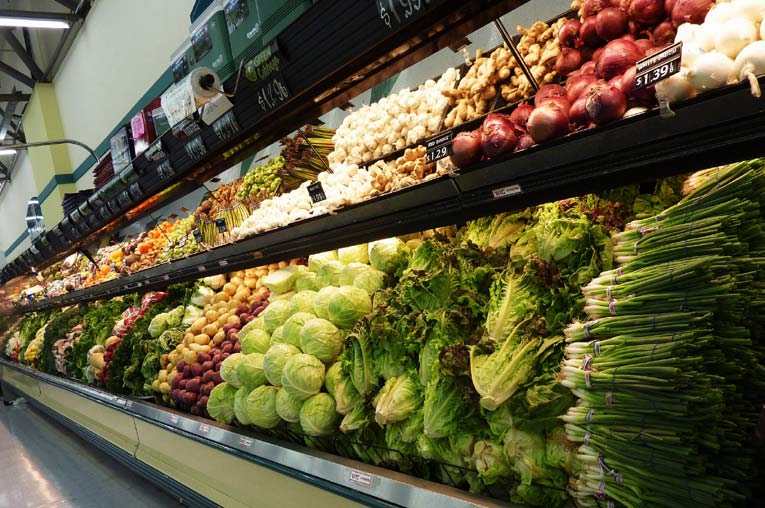Do you feel personally affected by Global Warming? If your answer is 'not yet', then prepare yourself because things may be about to change significantly. Easy access to food supplies is something which the Western world takes for granted; and while rising food prices have been reported by the media in recent months no reports of actual food shortages have been brought to our attention.
Without sensationalising the current agricultural situation it is difficult to predict how supplies may be affected in the future. One thing is certain: the combination of climate change, drought and floods have affected the supply chain and these problems have been reflected in our weekly grocery bill. We are paying more for our food than we were a year ago, ad even more than we were paying the year before that. The rise in prices does not correlate to inflation, and food has now become something of a luxury item where we once considered it a mere necessity.
The world's largest agricultural research organisation today announced that a new department had been created to deal with the growing problem of food supplies; the Commission on Sustainable Agriculture and Climate Change will investigate how climate change has affected food shortages, how to manage the price of basic supplies, and how to deal with civil unrest resulting from low food provisions in certain areas.
The new body, which is to be chaired by the United Kingdom's Chief Scientific Adviser, Professor Sir John Beddington, will spend the next ten months looking at how food supply chains operate and try to propose how to make improvements.
He explained: "Extreme weather like the droughts in Russia, China and Brazil and the flooding in Pakistan and Australia have contributed to a level of food price volatility we haven't seen since the oil crisis of 40 years ago. Unfortunately, this could be just a taste of things to come because in the next few decades; the build-up of greenhouse gases already in the atmosphere could greatly increase risk of droughts, flooding, pest infestation and water scarcity for agriculture systems already under tremendous stress."
Those involved in the new Commission hope to use sustainable agricultural processes to increase the general food supply, minimise environmental impact and reduce poverty over the next decade. Action is being taken now to intervene before climate change interferes with food supplies worldwide; essentially the idea is to make food supplies more 'secure' in the face of environmental disasters such as droughts, flooding, extreme weather and a rapidly a burgeoning population.










